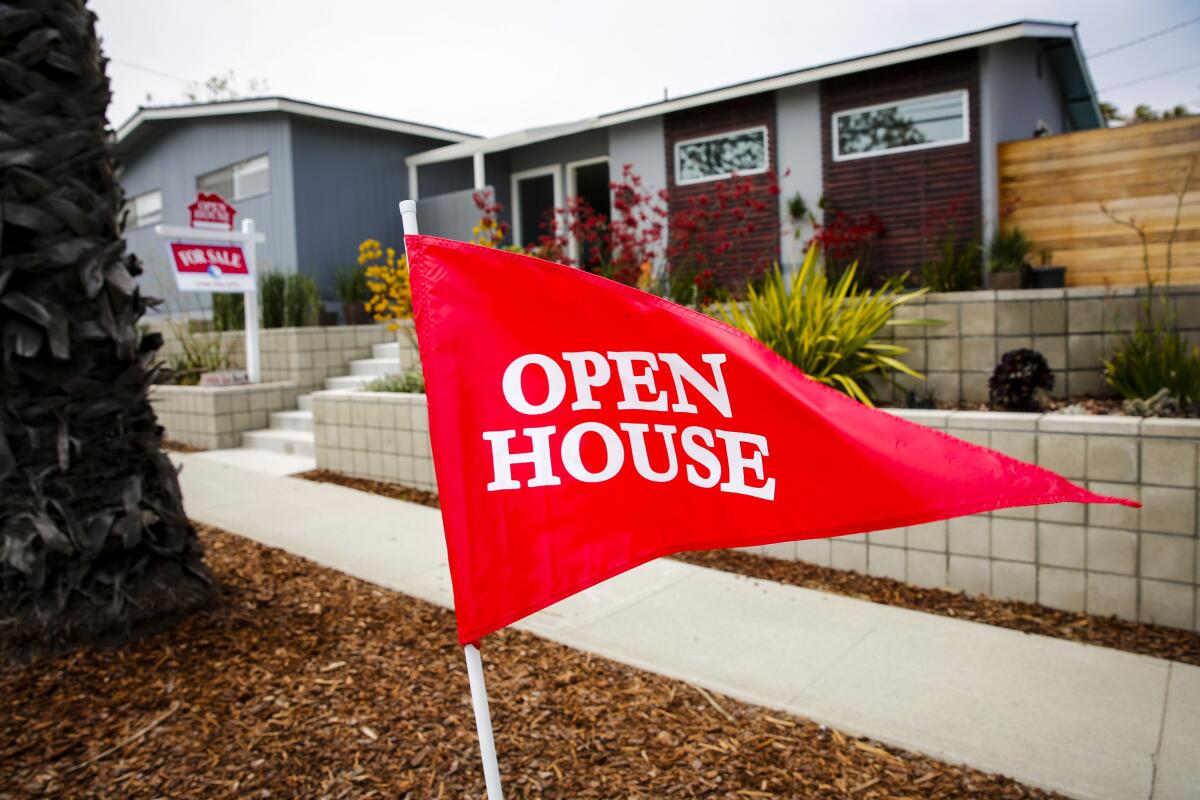How to reduce capital gains taxes on a home sale

Dear Liz: We’re retired and living in California. We are planning on selling our home, which is paid for, and moving to Tennessee in a couple of years. I think we qualify for a “one time” capital gains exemption. Our home is worth over $1 million and we paid only $98,000 in 1978. We plan on buying a home in Tennessee for around $800,000. Will we have to pay capital gains tax?
Answer: Before 1997, a homeowner could defer paying taxes on home sale gains as long as they rolled the proceeds into the purchase of another home of equal or greater value. In addition, there was a one-time exclusion for homeowners over age 55, who could exclude up to $125,000 in home sale gains.
Those rules were replaced in 1997 with the current law. Now homeowners of any age can exclude up to $250,000 each in capital gains on the sale of their primary residence, as long as they’ve owned and lived in the house for at least two of the previous five years. As a married couple, you can exclude up to $500,000 of gain — but that still leaves you with more than $400,000 of potential capital gains.
The capital gains calculation doesn’t factor in the value of your replacement home or whether you have a mortgage. However, you can use the value of home improvements you’ve made over the years to reduce your taxable gain — assuming you kept those receipts. The IRS defines home improvements as expenses that add to the value of your home, prolong its useful life or adapt it to new uses. Examples would include additions (bedrooms, bathrooms, decks, garages, etc.), heating or air conditioning systems, plumbing upgrades, kitchen remodels and landscaping, among other costs.
Improvements don’t include maintenance required to keep your home in good condition, such as painting, fixing leaks or repairing broken hardware, or improvements that are later taken out. If you put wall-to-wall carpeting and then removed it to install hardwood floors, only the cost of the hardwood floors would count.
Many of the costs you incur to sell the home, such as real estate agent commissions and notary fees, also can be used to reduce the capital gain. You can find more details in IRS Publication 523, Selling Your Home. A big home sale gain can affect other areas of your finances, such as your Medicare premiums, and may require you to pay quarterly estimated taxes. Consider talking to a tax pro before the sale so you know what to expect.
Spousal benefits
Dear Liz: My wife and I have been married for 18 months. I am 67, she is 66. She is not eligible to receive Social Security due to her work history. Is she eligible to receive spousal benefits now, even though I plan to wait until age 70 to receive mine?
Answer: Your wife can’t start spousal benefits until you begin receiving your own benefit. In the past, someone in your position could file a Social Security application and then immediately suspend it. That triggered the spousal benefit while allowing the primary earner’s benefit to continue growing. Congress changed those rules in 2015, however.
Executor duties
Dear Liz: My best friend made me her executor. She has no relatives. She has listed people to receive money, possessions and her house. She has left me money as well. Once everything is disbursed and bills paid, there will be leftover money. If she wants me to have it, what needs to be written in the trust?
Answer: Her will should include a phrase that disposes of her residuary estate. After listing specific bequests, she would include a phrase such as “the rest and residue of my estate goes to” followed by the name of the person she wants to have the remaining estate. This clause isn’t without its problems, however, since receiving the residuary estate could tempt you to stint the other beneficiaries. Keep in mind that as executor, you have a fiduciary duty to all the beneficiaries, which means you cannot put your own interests first.
Liz Weston, Certified Financial Planner, is a personal finance columnist for NerdWallet. Questions may be sent to her at 3940 Laurel Canyon, No. 238, Studio City, CA 91604, or by using the “Contact” form at asklizweston.com.
More to Read
Inside the business of entertainment
The Wide Shot brings you news, analysis and insights on everything from streaming wars to production — and what it all means for the future.
You may occasionally receive promotional content from the Los Angeles Times.










